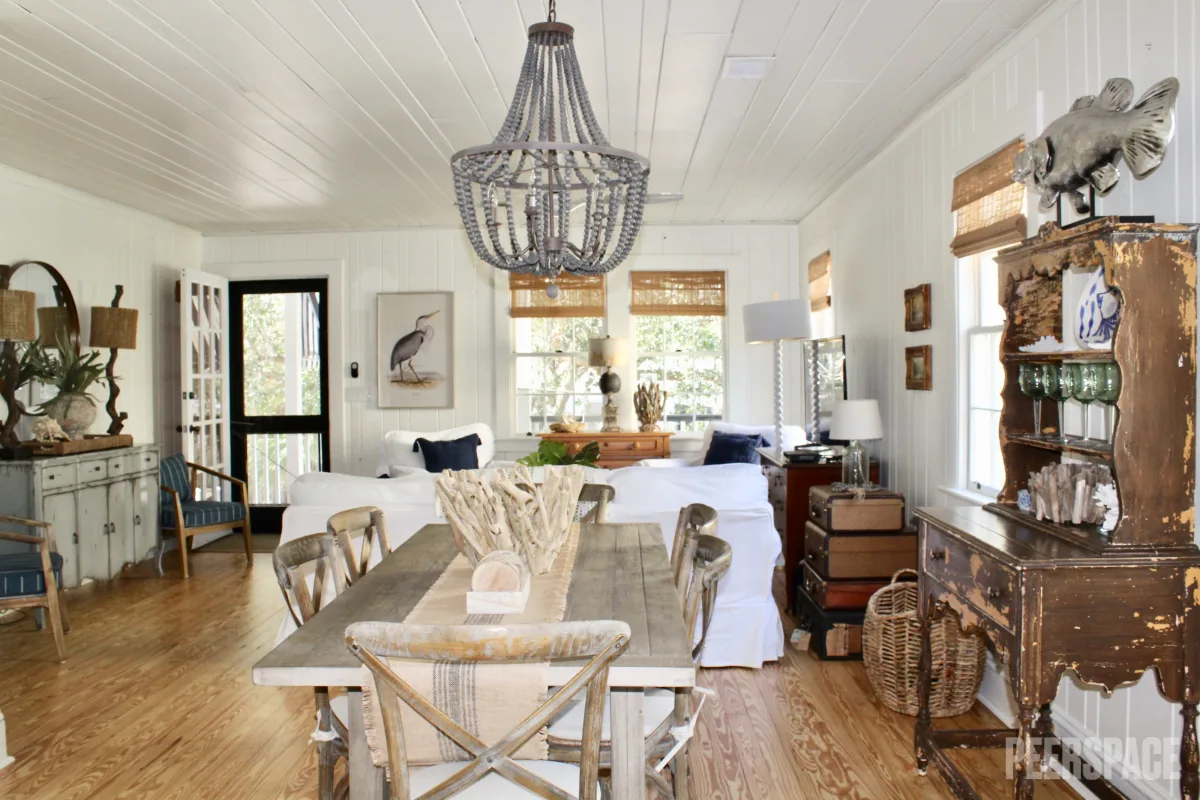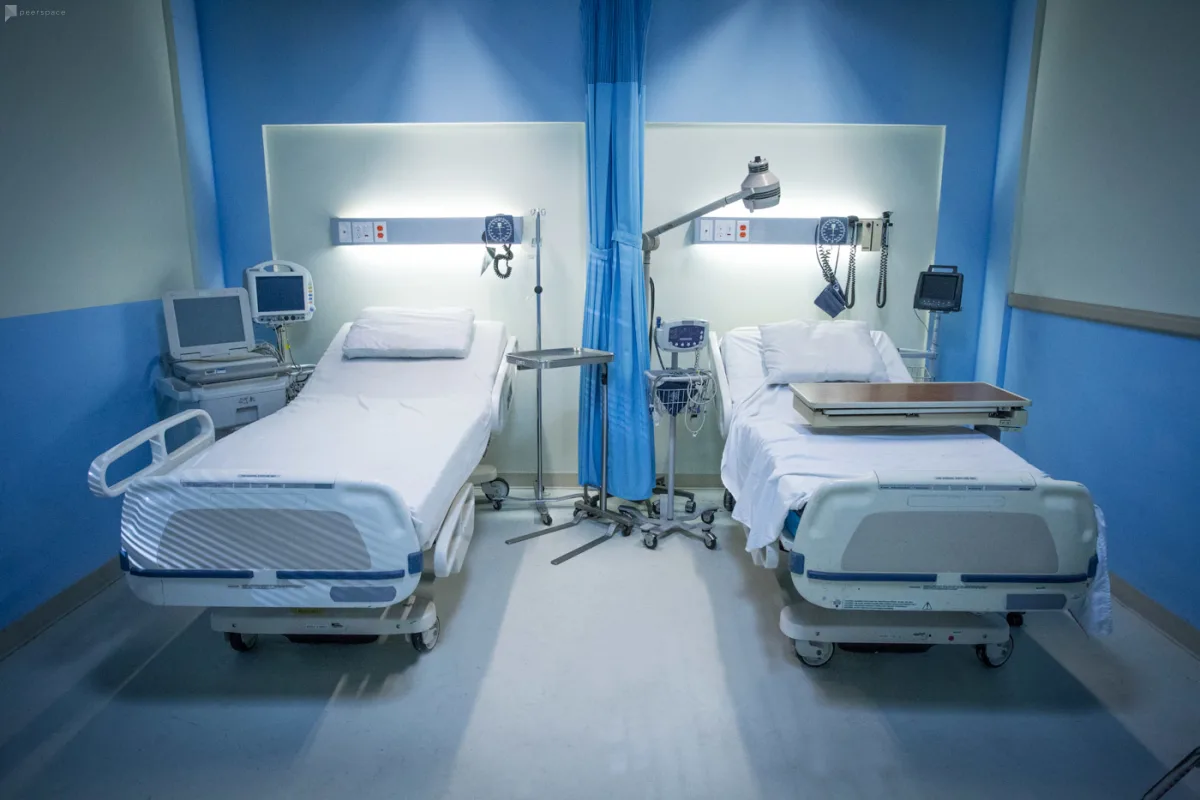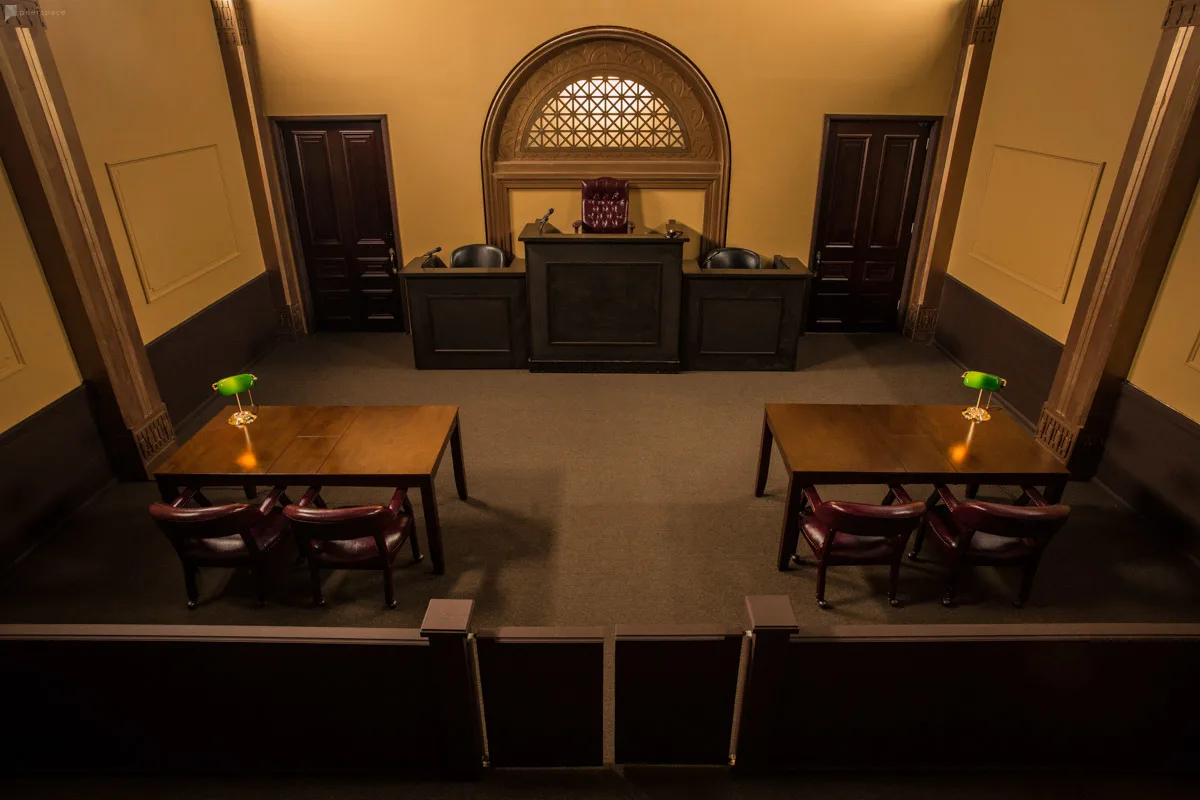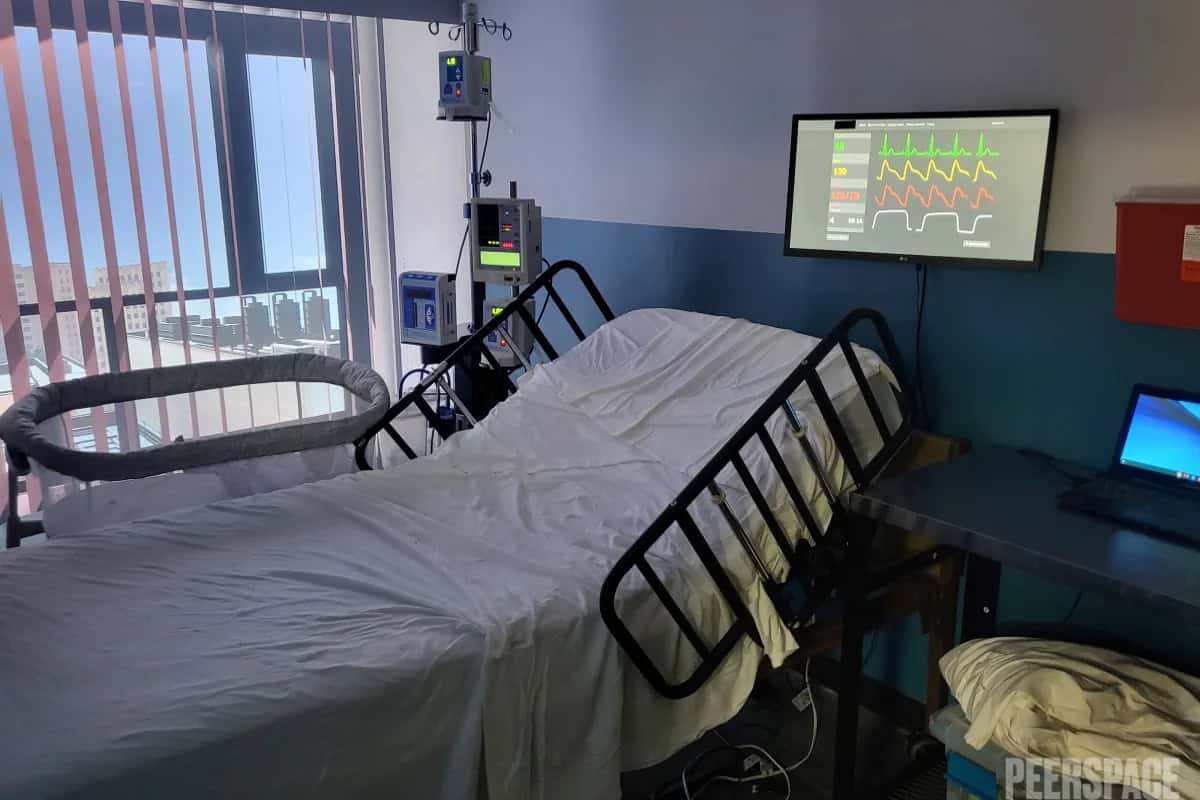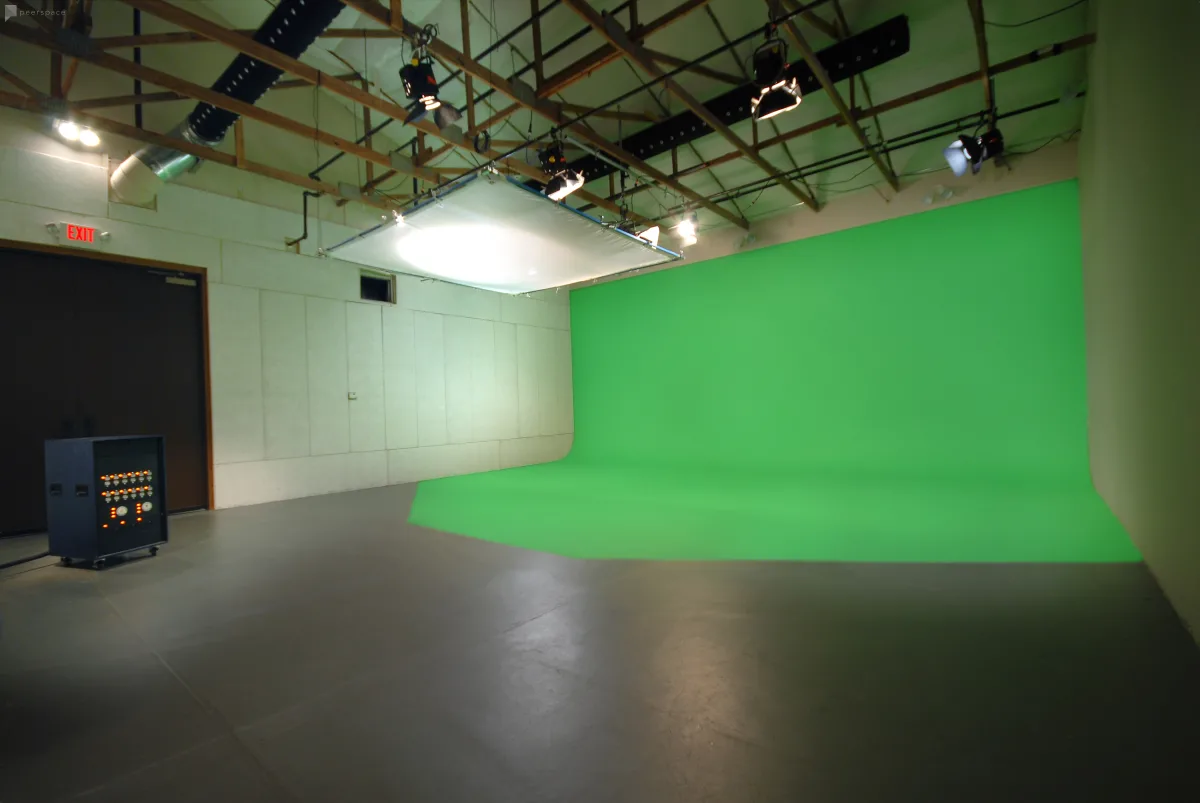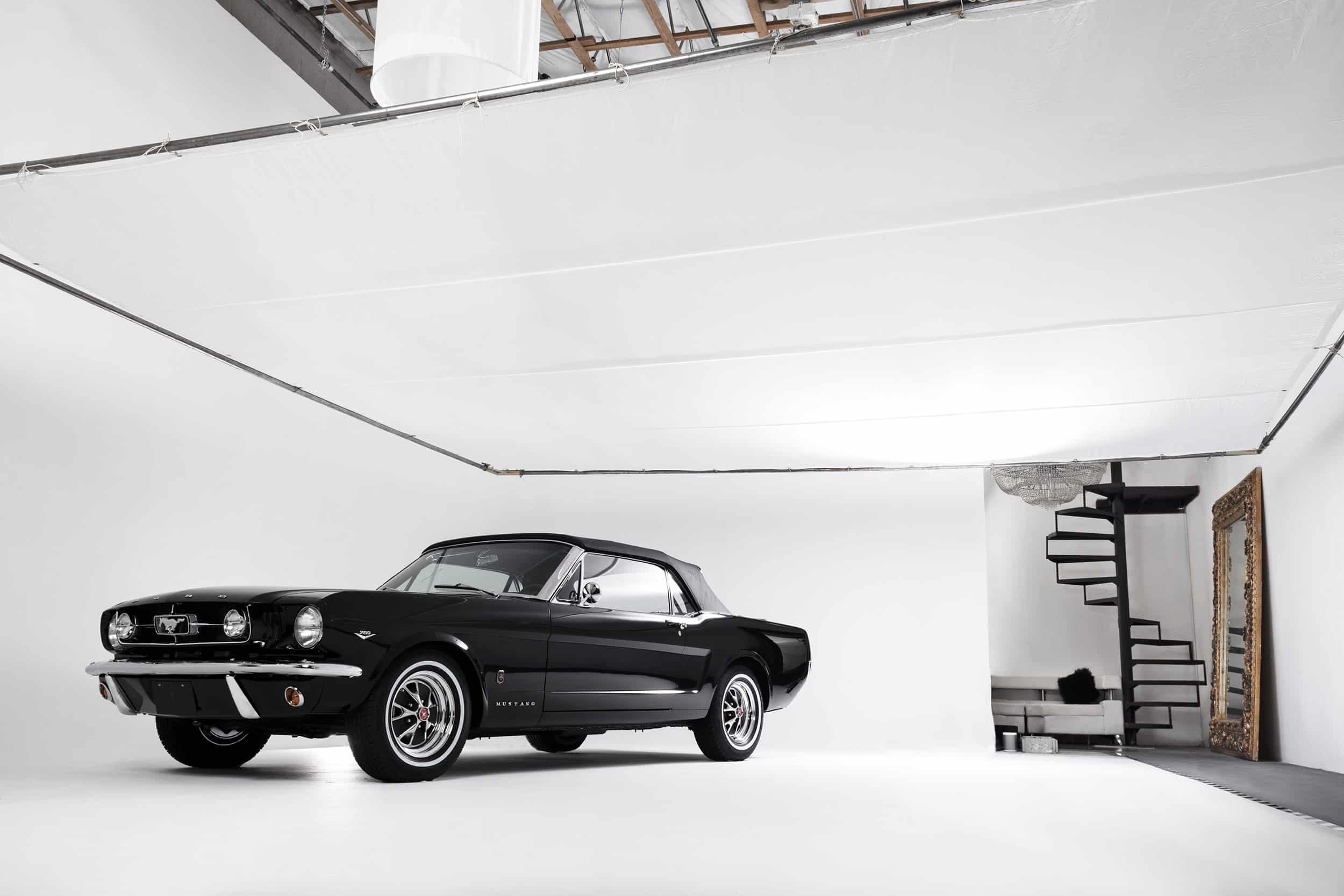Everything You Need to Know About Production Insurance
- Date: September 28, 2022
- Topic: Filmmaking
- Contributors: Written by Peerspace Staff
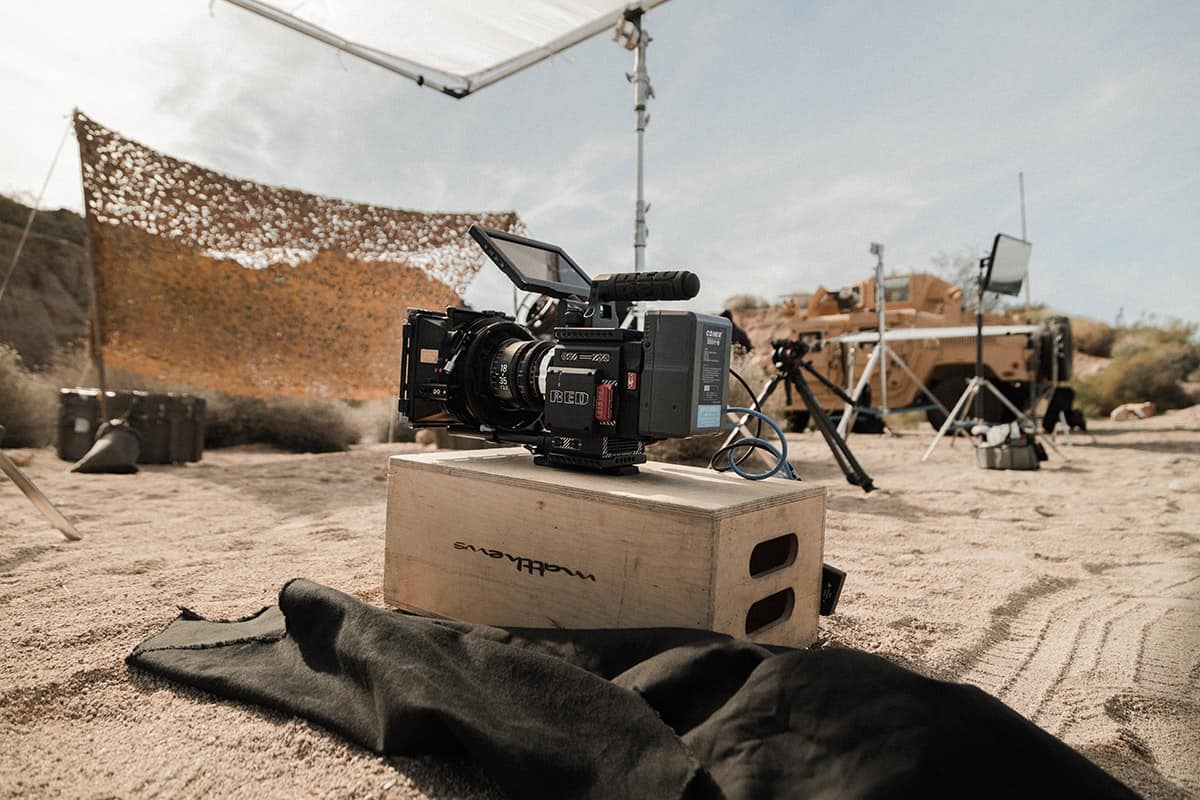
Source: Unsplash / @jakobowens1
The purpose of production insurance is to protect filmmakers, their crew, and their production gear from liability claims. After all, operating a successful film set is no easy task. No matter how careful you are, mishaps and accidents are bound to happen. Productions go overtime, gear gets broken, and, in some cases, crew members can get injured.
If something goes wrong on set, you want to have a safety net. Without production insurance, these potential problems would be a financial nightmare.
Here’s what you should know about production insurance to protect yourself and your project.
First, a word on production locations
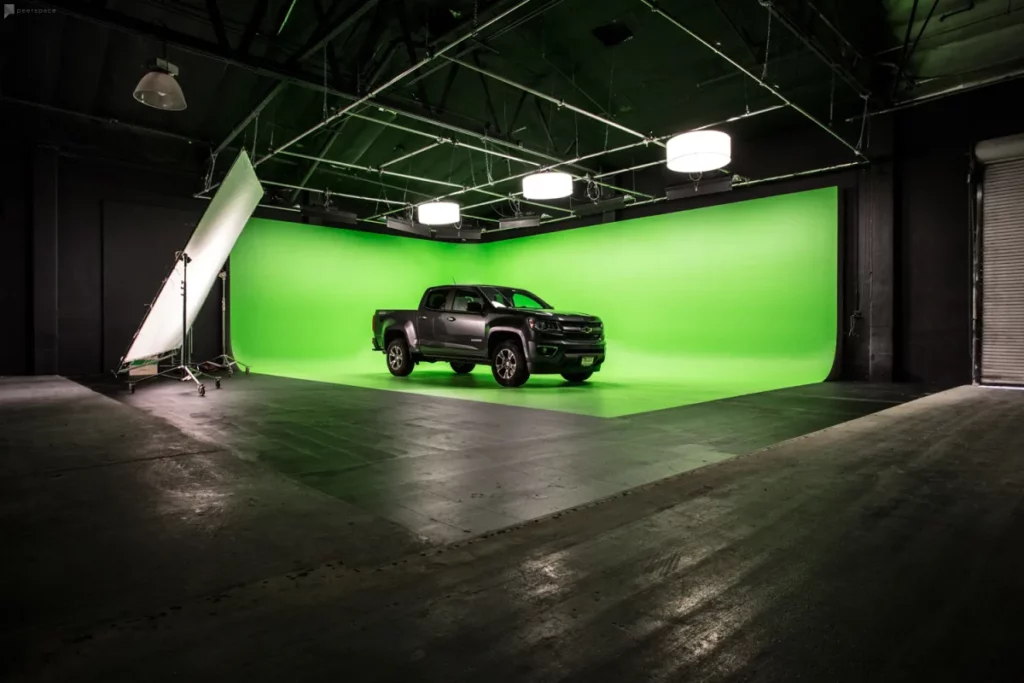
Before we get into the nitty gritty on production insurance, we should discuss another crucial aspect of your production: locations!
Not every production has a massive budget to play with, and that’s okay. You can still locate and book dream venues at fair rates when you use Peerspace. As the largest online marketplace for hourly venue rentals, we make it easy to rent hidden gem spaces in cities across the globe.
We’re talking professional production studios, private homes, lofts, galleries, rooftops, cafes, shops, and more. All spaces are owned and operated by local hosts who want to help your project succeed in their venues and so are always available to you if you have any questions or requests.
What does production insurance cover?

Every film production insurance policy is different because each production needs its policies to be individually tailored to its needs. It is important to understand what equipment will be on set, its value, and how many crew members are in each department. With this information, you can seek out an appropriate insurance claim.
With a multitude of things that can go wrong on a film set, ranging from injury to theft, it is best to be safe than sorry.
The following are common lines of insurance coverage for productions and filmmakers:
General liability
This covers bodily injury and property damage caused by third parties on location during production. General liability only applies to locations within the United States and Canada.
Equipment coverage
Insurance policies for equipment cover both rented and owned gear. It will cover the gear from damage, theft, or loss incurred on set. Remember that these claims come with a deductible, meaning there is a flat rate you must pay to repair or replace the gear. This deductible is typically $1000-$2000, which is a much better price to pay than replacing a $75,000 cinema camera rig.
Worker’s compensation
If someone is to be injured on set, this will cover medical expenses and rehabilitation costs for the cast and crew. Worker’s comp is usually covered by payroll companies, such as Entertainment Partners Payroll Services or Wrapbook.
Errors & omission
Also known as professional liability insurance, E&O protects filmmakers against intellectual property violations, plagiarism, slander, and defamation of character. The cost of errors and omission insurance ranges in price depending on the size of the production.
Short-term vs. annual production insurance
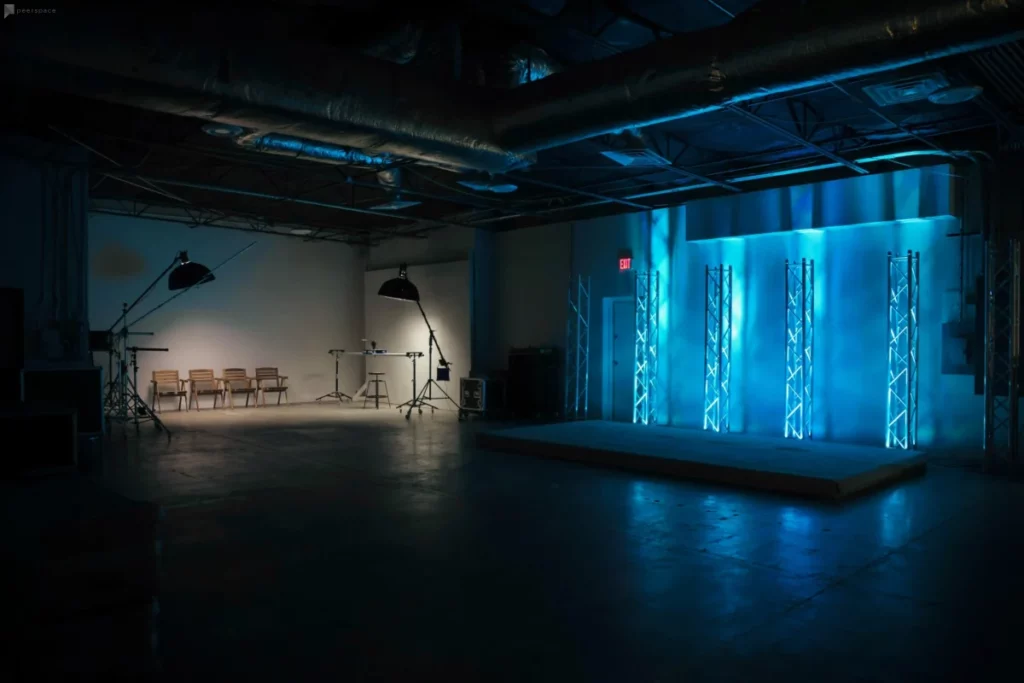
Short-term production insurance covers a single production. This insurance works well for producers focused on one individual production at a time.
Annual production insurance covers all of a producer’s productions within a year. This option makes the most sense for producers working on several projects simultaneously throughout the year.
Certificates of insurance
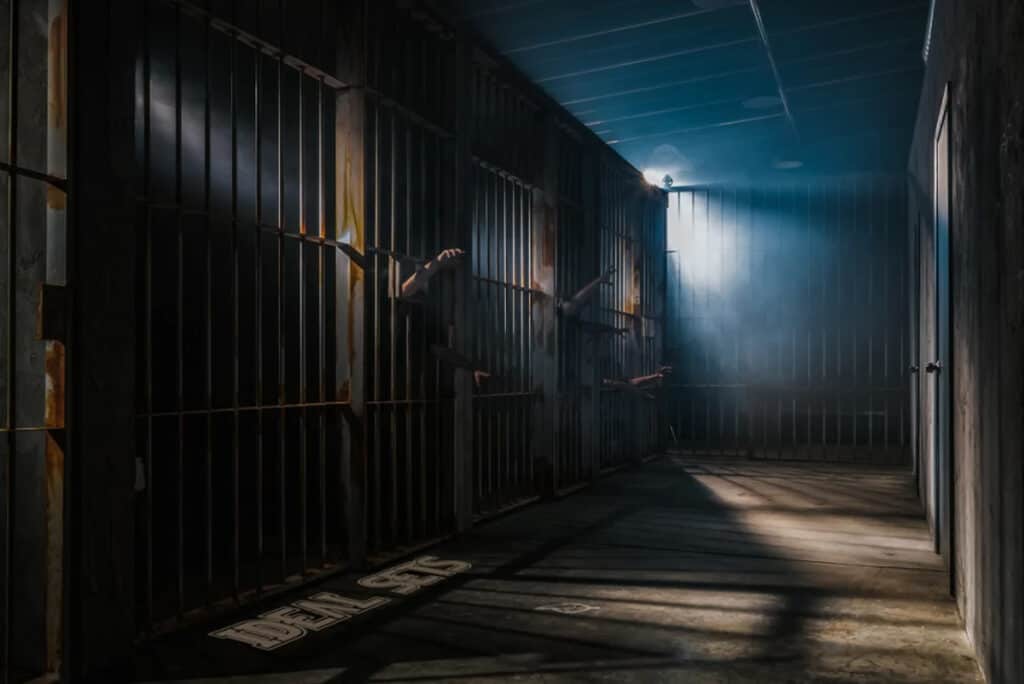
A certificate of insurance, also called a COI, is a document created by your insurance broker that shows proof of insurance. It is a good idea to have these documents handy the second problems arise on set. The documents are a physical representation of the insurance you have purchased on set.
These lines of coverage are useful tools for eliminating financial risk during production. An effective producer should understand the different types of production insurance and what they specifically protect.
So how does a good producer know when they need specific insurance and when they don’t?
Know when to purchase insurance
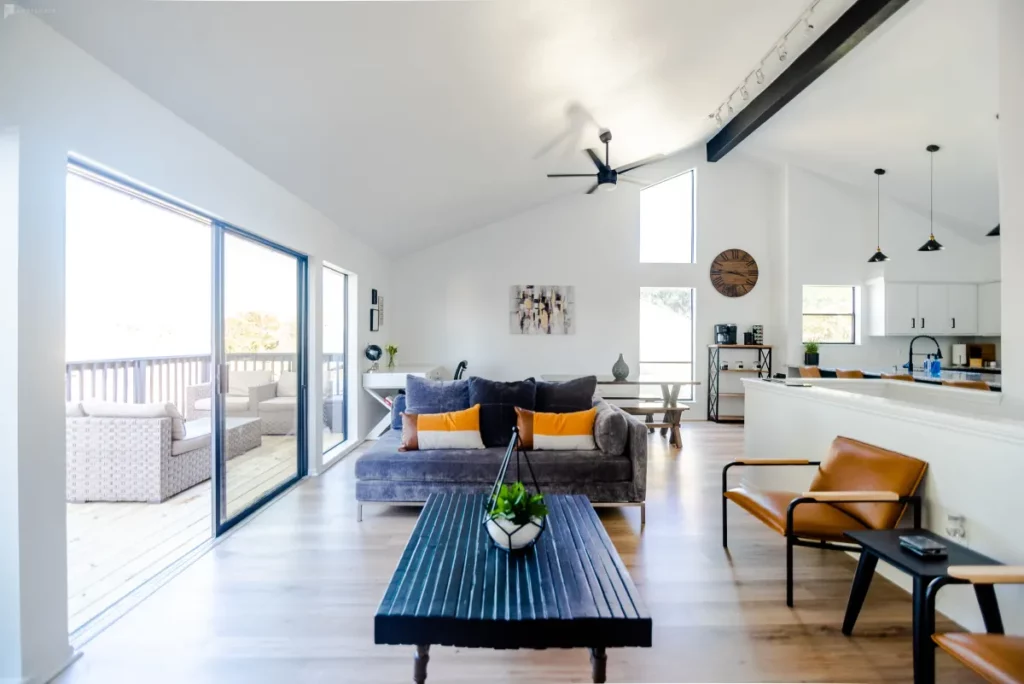
Before a producer can purchase production insurance, they need to be familiar with all aspects of production. This includes all locations and their permit offices, crew members and their departments, and every piece of gear used for production. The producer should have a detailed list of all these necessary production aspects.
Equipment coverage is one kind of insurance that makes sense for almost every production, but are all forms of insurance necessary? After analyzing these lists, see which types of production insurance apply. Many smaller productions do not find it necessary to purchase certain types of insurance.
For example, if the filmmakers are working from an original script, errors and omissions insurance might not be necessary to production. Insurance quotes can add up and get expensive, so make sure you are only insuring what is crucial to the production.
How to purchase production insurance

Most productions purchase insurance through a third party such as Wrapbook. Using a website like Wrapbook makes creating a quote simple with minimal human interaction. The quote process happens entirely online, saving you time during pre-production so you can focus on other important tasks.
Create a quote on Wrapbook by answering questions about your production. Once you sign and pay the quote, your insurance policy is now bound, and you can make certificates of insurance. Be sure to distribute copies of your certificate of insurance to all locations and rental houses.
Insurance brokers
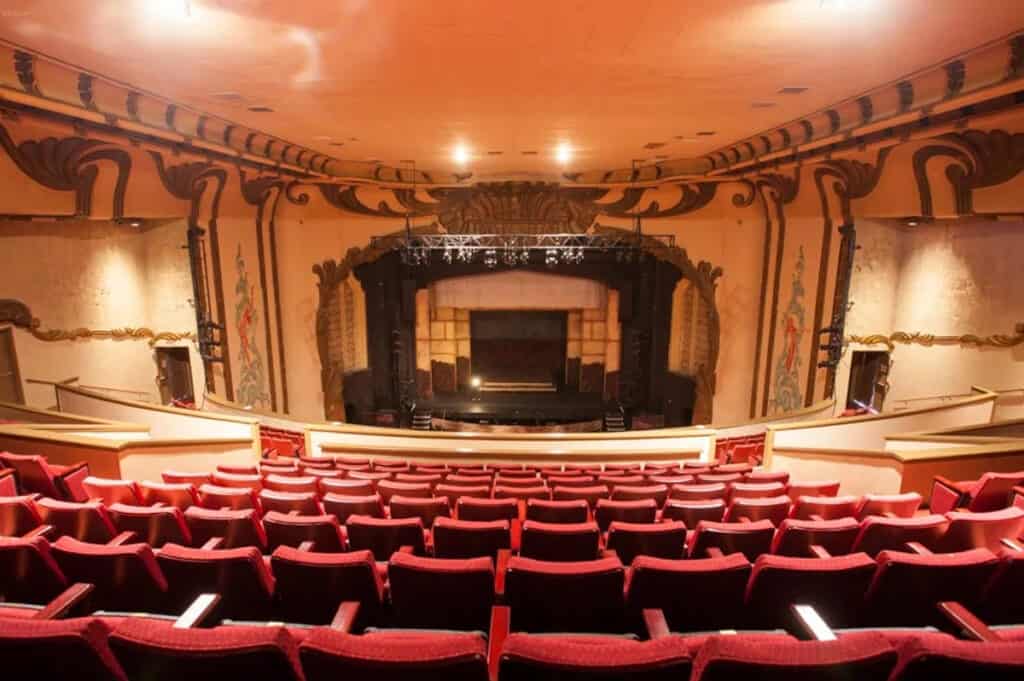
Finding insurance coverage on your own can be a daunting process. Hiring a partner to help you navigate the right purchase is a smart idea. This is what an insurance broker does — they help you seek out the best quote and help you manage the claims process. It is important that you are working with a broker who has specific experience with film production insurance.
Why go through a broker instead of finding insurance yourself? On a larger set, the producers do not have time to manage all production insurance on their own, so they place that responsibility and time commitment on a broker. Brokers also often have access to several insurance companies and will be able to locate the best deals from experience. A good insurance broker is an important investment for larger film productions.
Always have a safety net
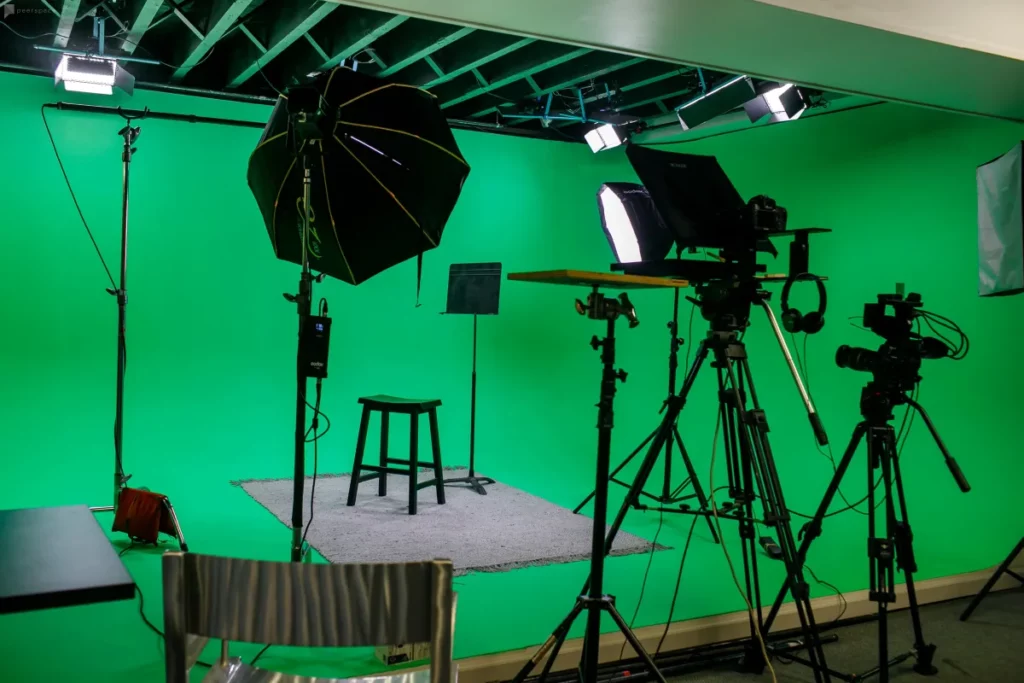
It is always a safe bet to purchase production insurance for your projects, especially if you are working with a sizable crew and renting equipment from a gear house.
If and when things go wrong, a filmmaker should always be prepared with a solution — having a certificate of insurance will keep you from breaking the bank on your next set.
Production insurance: conclusion
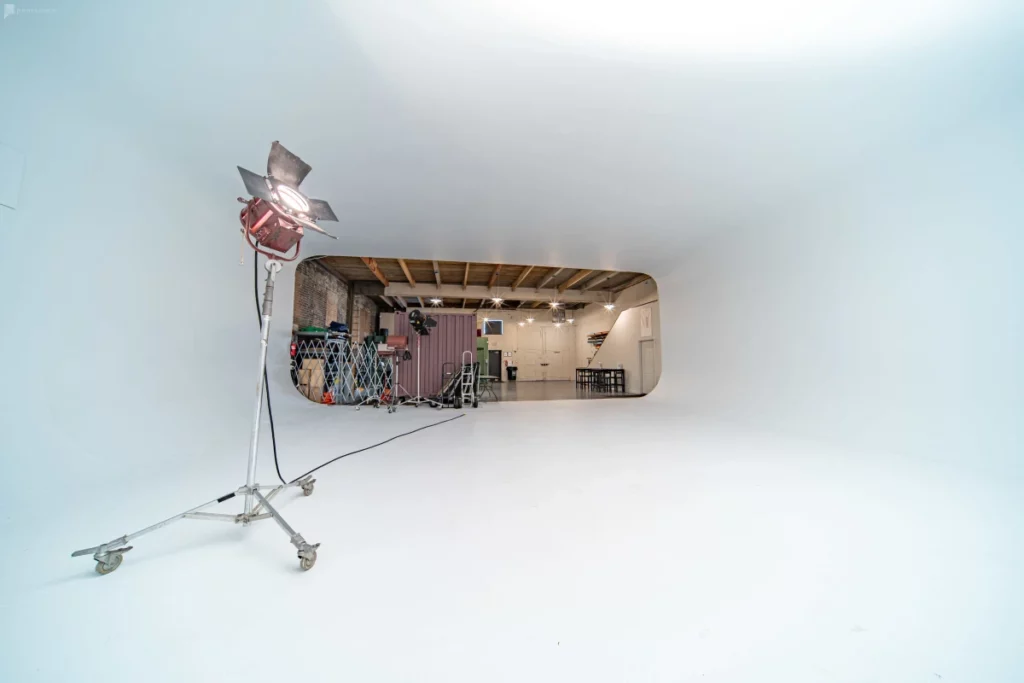
Hopefully, by now, you understand the importance of production insurance and are ready to purchase the type you need for your next project. Keep this information in mind, and you should have no problem shopping for the right kind for you.
And don’t forget our other type: using Peerspace to find and secure unique production locations! No matter what you envision or the size of your budget, you can find your perfect filming locations on our platform. Start your search today, acquire the necessary insurance, and start shooting!
Find unique production venues on Peerspace
Get together somewhere better
Book thousands of unique spaces directly from local hosts.
Explore SpacesShare your space and start earning
Join thousands of hosts renting their space for meetings, events, and photo shoots.
List Your Space
